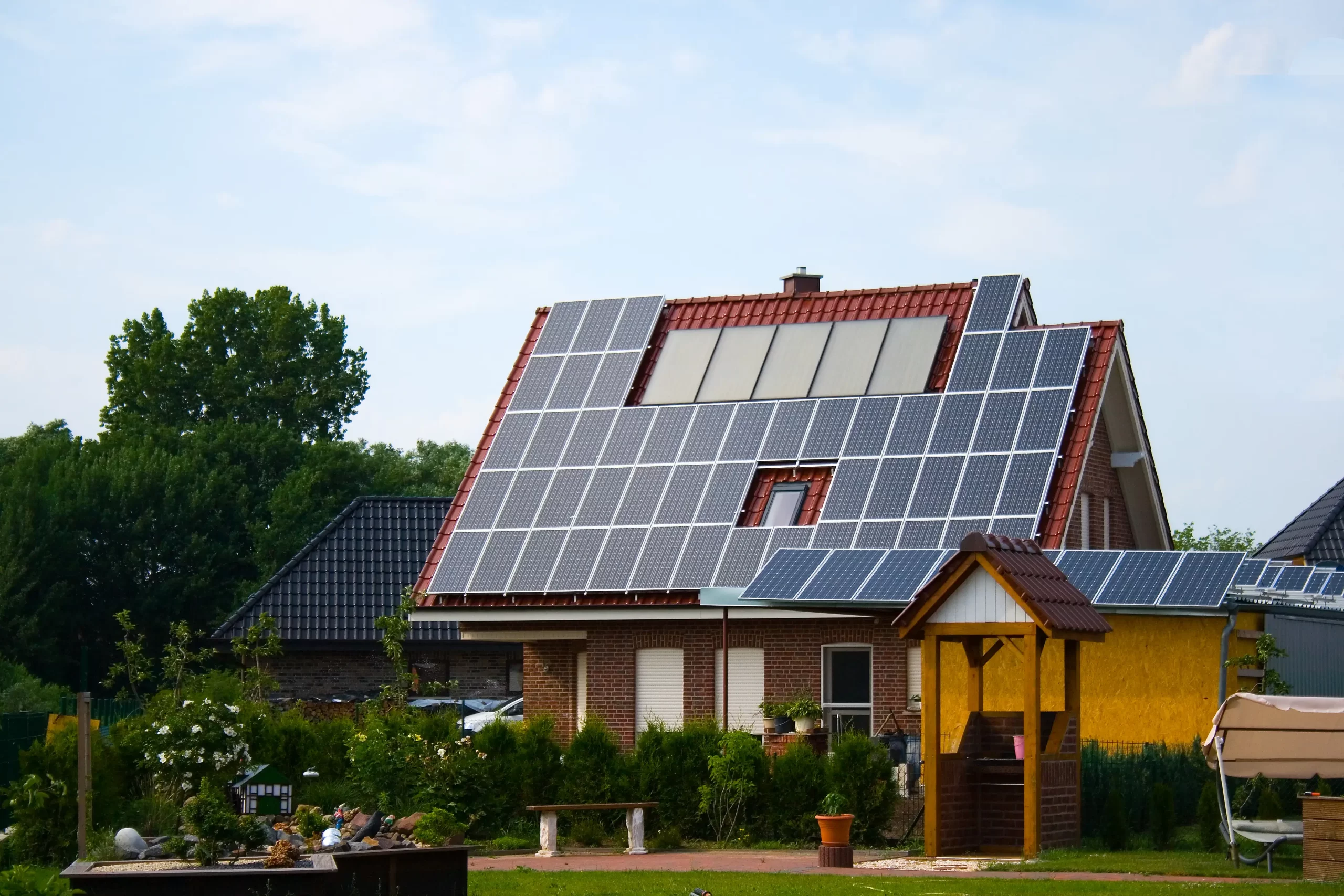Choosing the Right Solar System: A Comprehensive Comparison Guide

Introduction
Nairobi is experiencing a growing demand for sustainable and reliable energy sources. Solar energy has emerged as a popular choice due to its environmental benefits and long-term cost savings. However, with various types of solar systems available, it’s crucial to select the right one based on your specific needs. In this guide, we’ll explore how to assess your energy requirements and compare different solar systems to help you make an informed decision.
Understanding Your Energy Needs
Before choosing a solar system, it’s essential to understand your energy consumption. Start by reviewing your electricity bills to determine your average monthly usage. This will help you estimate the size of the solar system you need. A system that’s too small won’t meet your needs, while an oversized system may lead to unnecessary expenses.
Types of Solar Systems Available
Choosing the right solar system depends on your energy needs, location, and budget. Here’s a comparison of the three main types of solar systems:
Grid-Tied Solar System: Perfect for those who want to stay connected to the utility grid and benefit from net metering.
Off-Grid Solar System: Ideal for remote areas without grid access or for those looking to be completely energy independent.
Hybrid Solar System: Offers the best of both worlds by combining the benefits of grid-tied and off-grid systems.
Cost Considerations
Investing in a solar system involves upfront costs, but the long-term savings can be significant. Here’s what to consider:
Upfront Costs: Includes the price of solar panels, inverters, batteries (if applicable), and installation.
Long-Term Savings: Solar energy can drastically reduce your electricity bills and provide a return on investment over time.
Financing Options: Many companies offer financing plans, making it easier to afford a solar system without paying the full amount upfront.
Installation and Maintenance
Proper installation is critical to ensure your solar system operates efficiently. It’s advisable to hire professional installers who understand local regulations and can optimize the system’s performance.
Installation Process: Typically involves site assessment, design, permitting, installation, and inspection.
Maintenance Requirements: Regular maintenance is necessary to keep the system running smoothly. This includes cleaning the panels, checking the inverter, and monitoring the system’s performance.
Conclusion
Choosing the right solar system for your home or business in Nairobi is a crucial decision that can lead to significant long-term benefits. By understanding your energy needs, comparing different types of solar systems, considering costs, and planning for installation and maintenance, you can make an informed choice that best suits your situation. At Cytek Solar, we’re here to assist you every step of the way.
